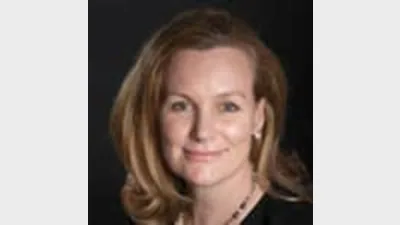Career paths still beckon financial planners



{^YouTubeVideo|(url)http://www.youtube.com/watch?v=8YAtIdD41QU&showinfo=0|(width)600|(heigh…^}
With little new business being written, most financial planning practices are reluctant to take on new staff - but there are still opportunities out there for recent graduates.
Based on her recent discussions with financial planners, Wealth Insights managing director Vanessa McMahon believes the current environment is looking "grim". Practices simply don't need to take on new people the way they used to, she said.
RI Advice chief executive Paul Campbell said his company's experience has been that practices are getting their businesses in shape in order to reflect the current economic climate.
"What we're noticing is their production is remaining the same but they're doing that with fewer people, and they're a lot more efficient," Campbell said.
While RI Advice does not have the capacity to run an internship at the moment, the salaried arm of the business, OnePath Financial Planning, does have a small developmental program, he said.
"It's a career pathway. The role they can come into involves getting on the phone and just responding to enquiries. Then they become a junior adviser and progress through the ranks," Campbell said.
For Campbell, the best pathway into the industry remains through the salaried arm of institutions and the big banks.
However, Tupicoffs partner Neil Kendall believes that experience with a smaller practice is the best way for younger people to learn about the advice process.
"The big institutions have an ability to provide training, but in my experience that can be focused more around product knowledge and product sales as opposed to broader advice principles," Kendall said.
Tupicoffs has a relationship with Griffith University, which runs a Bachelor of Commerce (Financial Planning) program that consists of one year of full-time study, followed by two years of part-time study coupled with an internship.
Griffith University associate professor Mark Brimble said there was so much demand from financial planning practices last year that there weren't enough students to fill the internship places.
Kendall said there are currently two financial planners at Tupicoffs who came through the Griffith program, along with a full-time paraplanner.
"We will probably take more people this year. Griffith graduates are very good quality, well educated and have strong ethical values, so they are a good fit for us," Kendall said.
AMP Horizons director Tim Steele said that it was essential for the industry to provide people who are keen to become advisers with a clear career pathway.
"We have to evolve as a profession to provide clarity about career paths for really bright people who have done a degree in financial planning," he said.
He added that it was a "myth that you have to have grey hair to be good financial planner".
Recommended for you
Despite the year almost at an end, advisers have been considerably active in licensee switching this week while the profession has reported a slight uptick in numbers.
AMP has agreed in principle to settle an advice and insurance class action that commenced in 2020 related to historic commission payment activity.
BT has kicked off its second annual Career Pathways Program in partnership with Striver, almost doubling its intake from the inaugural program last year.
Kaplan has launched a six-week intensive program to start in January, targeting advisers who are unlikely to meet the education deadline but intend to return to the profession once they do.










